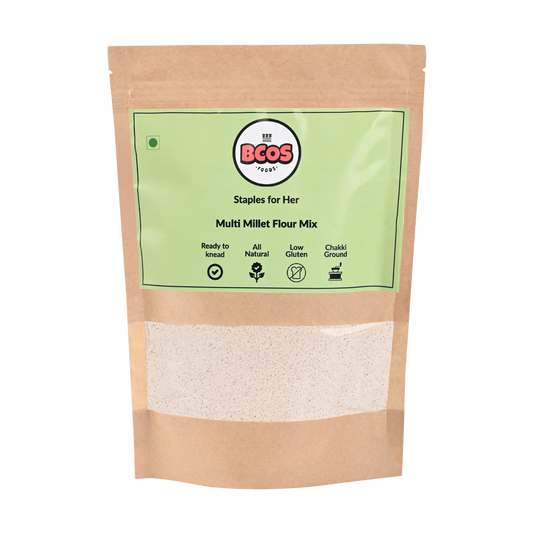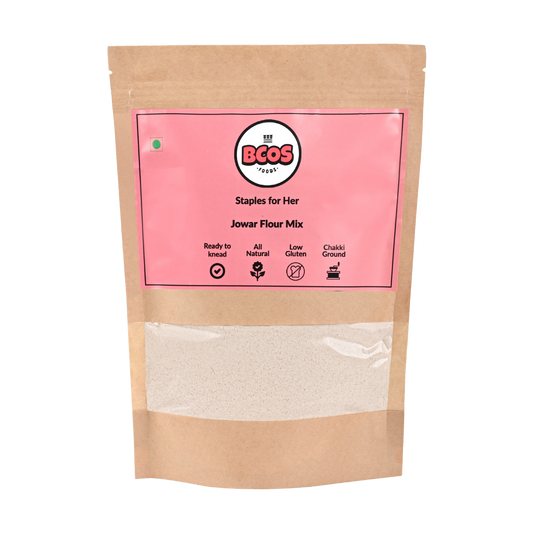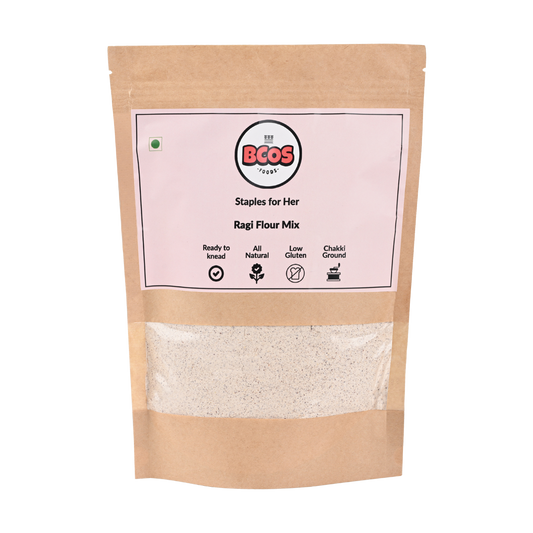When discussing menstrual health, there’s often a common misconception that having a period automatically means ovulation has occurred. However, this isn’t always the case. Understanding the distinction between menstruation and ovulation is crucial for comprehending overall reproductive health and fertility.
Menstruation vs. Ovulation: The Basics
Menstruation is the process of shedding the uterine lining, which occurs roughly every 28 days if pregnancy doesn’t take place. It is often referred to as a “period” and is a visible sign of the menstrual cycle.
Ovulation, on the other hand, is the release of an egg from the ovary, typically occurring around the midpoint of the menstrual cycle. This egg travels down the fallopian tube, where it may meet sperm and result in fertilization. If the egg is not fertilized, it disintegrates, and the cycle concludes with menstruation.
The Anovulatory Cycle: A Hidden Reality
It’s possible to have regular menstrual periods without ovulation, a condition known as an anovulatory cycle. In such cases, hormonal changes still cause the uterine lining to thicken and shed, mimicking a regular menstrual period. However, without ovulation, there is no egg released for potential fertilization.
Anovulatory cycles can occur due to various factors, including stress, hormonal imbalances, polycystic ovary syndrome (PCOS), thyroid disorders, excessive exercise, and significant weight changes. While occasional anovulatory cycles are normal, frequent occurrences can be a sign of underlying health issues that may need attention.
Why Is Ovulation Important?
1. Fertility: Ovulation is essential for natural conception. Without the release of an egg, pregnancy cannot occur. For those trying to conceive, understanding ovulation patterns can be crucial for timing intercourse and increasing the chances of conception.
2. Hormonal Balance: Ovulation triggers the production of hormones like progesterone, which play a vital role in maintaining the menstrual cycle’s second half. Progesterone helps regulate the cycle, support the uterine lining, and maintain overall hormonal balance.
3. Bone Health: Regular ovulation contributes to estrogen production, which is important for maintaining bone density. Estrogen deficiency, often a result of anovulation, can increase the risk of osteoporosis and bone fractures.
4. Emotional and Physical Well-being: Hormones produced during ovulation, such as estrogen and progesterone, contribute to emotional stability and physical well-being. Irregular ovulation can lead to mood swings, anxiety, depression, and other symptoms related to hormonal imbalances.
5. Menstrual Health: Regular ovulation can contribute to predictable menstrual cycles, reducing the risk of heavy, irregular, or prolonged periods. Anovulatory cycles can lead to unpredictable bleeding patterns, making menstrual management challenging.
Ensuring Regular Ovulation
Maintaining a healthy lifestyle is key to promoting regular ovulation. Here are some tips to support a healthy reproductive system:
1. Balanced Diet: A nutritious diet rich in vitamins and minerals can help regulate hormones and support ovulation. Foods high in antioxidants, omega-3 fatty acids, and healthy fats are particularly beneficial. You can also consider switching to BCOS grocery staples - they've been defined specifically for women with PCOS to have better hormonal health, while also being suitable for everyone else in the family.
2. Exercise: Regular physical activity helps maintain a healthy weight and reduce stress, both of which can influence ovulation. However, excessive exercise can have the opposite effect, so moderation is key.
3. Stress Management: Chronic stress can disrupt hormone levels and lead to anovulatory cycles. Techniques like yoga, meditation, and deep breathing can help manage stress and promote hormonal balance.
4. Regular Check-ups: Regular visits to a healthcare provider can help monitor reproductive health. If you experience irregular cycles, heavy bleeding, or suspect anovulation, consult a doctor for appropriate testing and guidance.
5. Understanding Your Cycle: Tracking your menstrual cycle can help you recognize patterns and identify signs of ovulation. Methods like basal body temperature charting, ovulation predictor kits, and monitoring cervical mucus can provide insights into your fertility window.
Conclusion
Understanding the difference between menstruation and ovulation is vital for reproductive health. While having a period does not always mean ovulation has occurred, regular ovulation is crucial for fertility, hormonal balance, and overall well-being. By adopting a healthy lifestyle and staying informed about your menstrual cycle, you can support regular ovulation and maintain a healthy reproductive system.
If you think that you might have PCOS, the best thing to do is speak to your doctor and get a diagnosis.
This way, you’ll be able to discover your options and find out if medication may be able to ease your symptoms.
If you are looking for some support with balancing your hormones but want to do it in a non restrictive way, we are here to help. To book a free 15 minute discovery call, write to us at support@bcosfoods.in.





